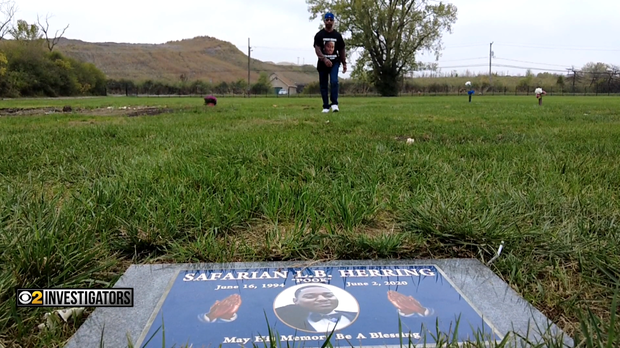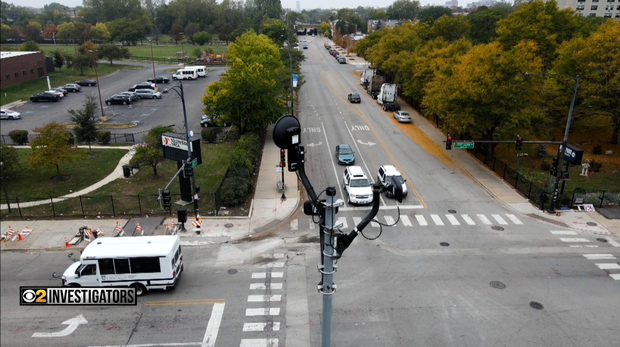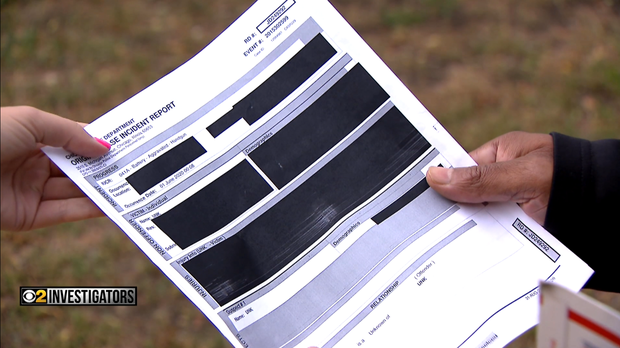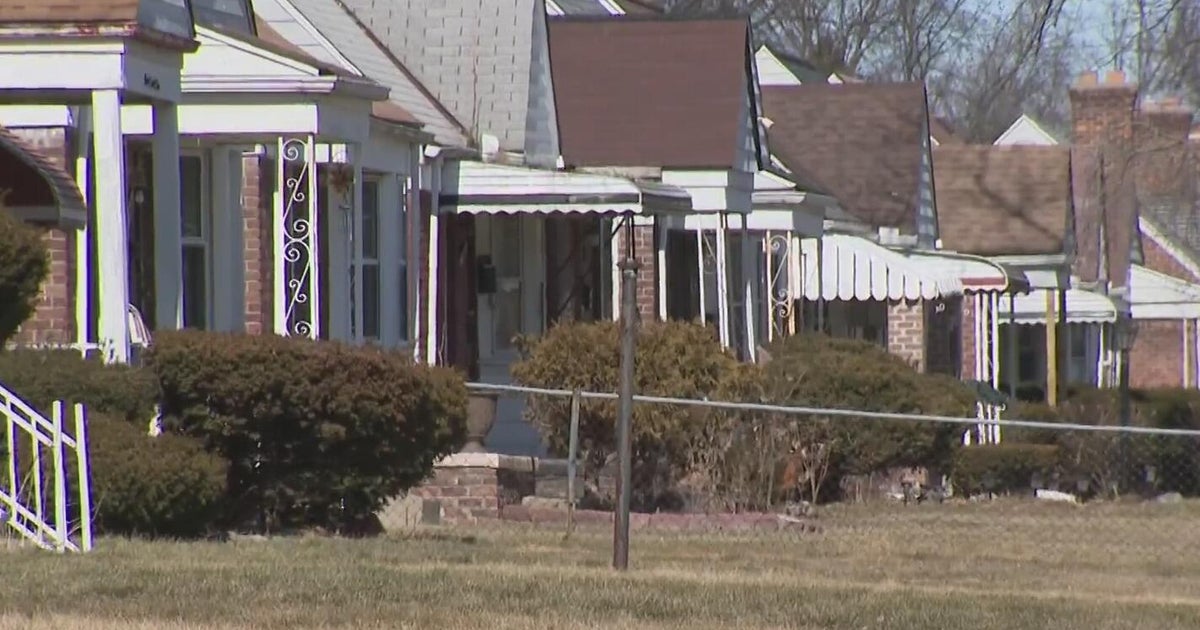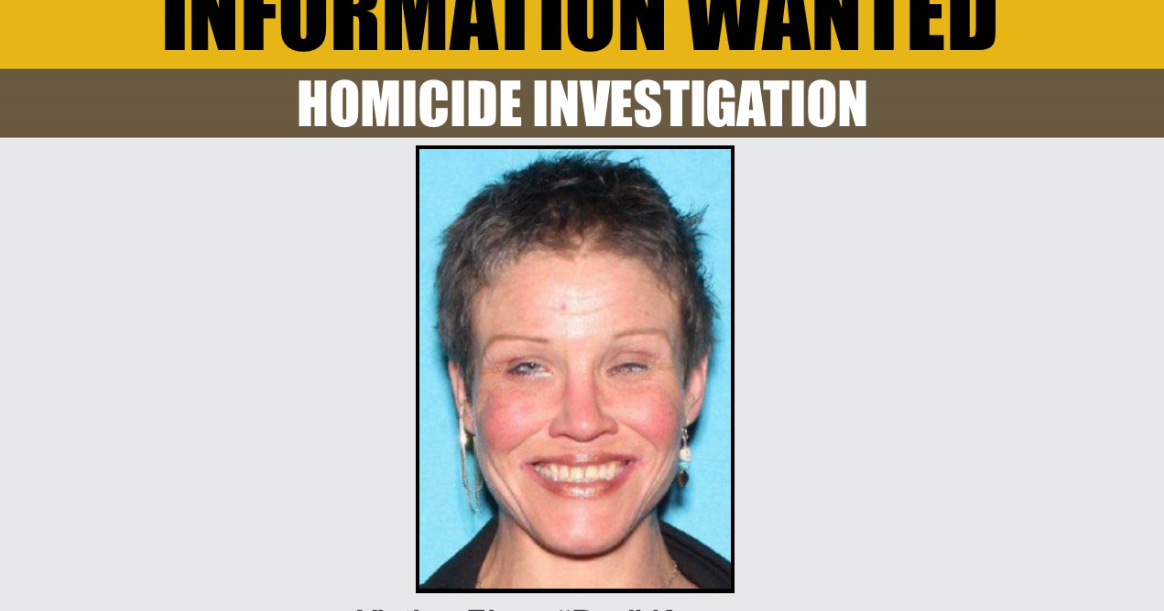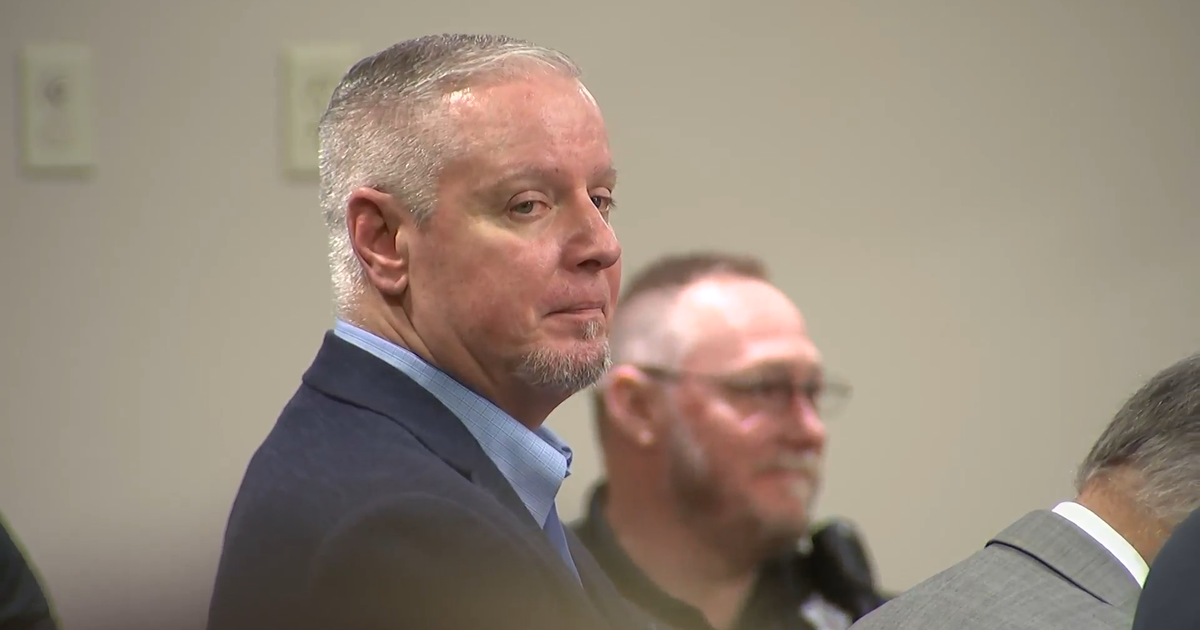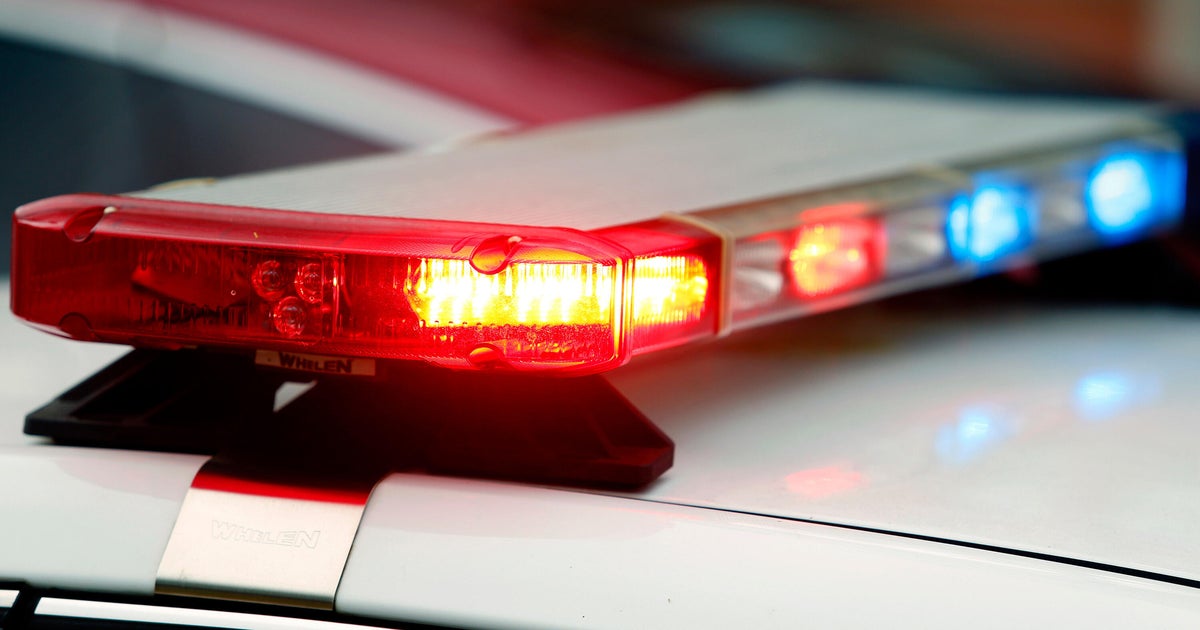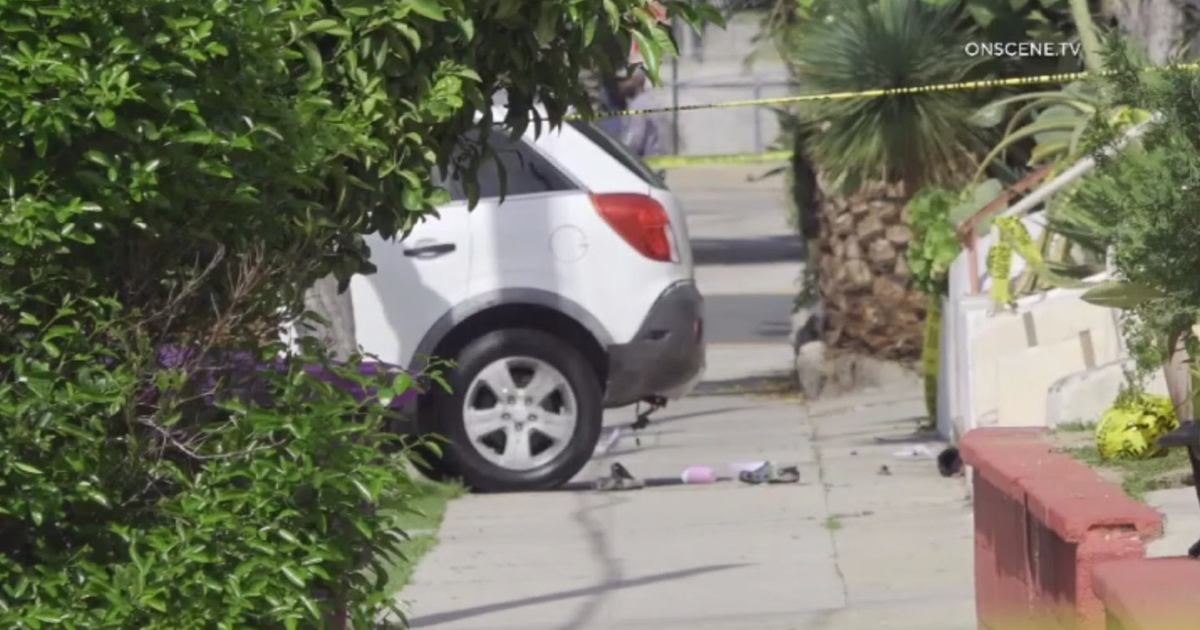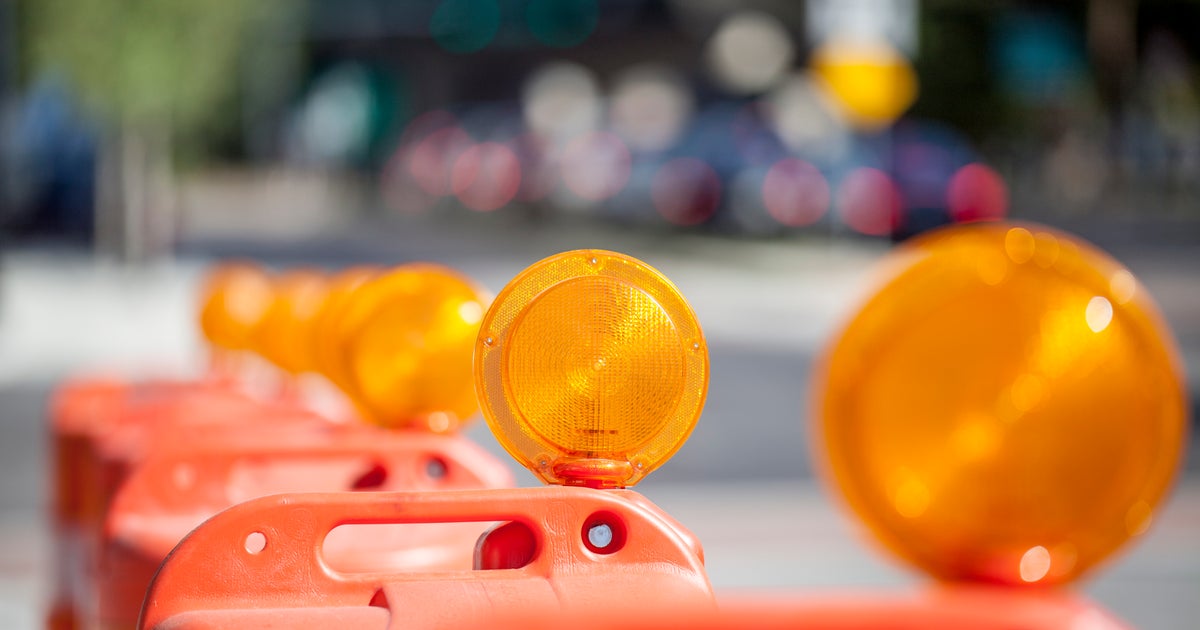Murder Of Safarian Herring Remains Unsolved After Charges Were Dropped, And His Father Says ShotSpotter Technology Let Him Down
CHICAGO (CBS) -- The City of Chicago on Friday defended its decision to extend a multimillion-dollar contract with the gunshot detection system ShotSpotter - and to do so without public opinion.
The city says ShotSpotter delivered on all the administrative benchmarks it was supposed to hit. But critics point out that none of them included whether the system actually reduces gun violence.
In a case study on ShotSpotter from the CBS 2 Investigators, Megan Hickey talked for the first time to a man whose son's murder remains unsolved. The man says ShotSpotter is to blame.
Lajuane Herring comes to the cemetery to talk to his firstborn son, as he has been doing for more than a year.
"Hey son, it's your pops," Herring said as he wiped the dirt away and squatted down in front of his son's headstone. Your brother just had a baby, and her name is sage. He said he wished you were here to see it. I wish you were here too."
Herring is looking for resolution to a question to which he thought he already had the answers.
"What happened that day, son?" Herring said before the headstone. "What happened?"
It was May 31, 2020. The death of George Floyd sparked looting and unrest across the city.
"And I guess he stopped here at the AutoZone, talking to someone else," Herring said, "and I guess Michael Williams stated that my son flagged him down for a ride."
The auto shop at 76th Street and Stony Island Avenue in South Shore is the last place 25-year-old Safarian Herring was seen alive. Later that day, the driver of a Toyota RAV4 dropped him off at St. Bernard Hospital with a fatal gunshot wound.
"He was gone," the elder Herring said. "He was on a ventilator that was keeping him alive for the family to come and say their last respects."
Police said surveillance cameras captured this man, Michael Williams, dropping Herring off and leaving. But when they interviewed Williams, investigators found inconsistencies in his account of that night.
In August 2020, he was arrested and charged. The key piece of evidence that tied Williams to the crime was a loud "bang," captured by a ShotSpotter sensor at 63rd Street and Stony Island Avenue.
Police said the sound was recorded at the same time and place where cameras captured Williams' car.
We brought Lajuane Herring back the scene for the first time.
Hickey: "Did you know anything about ShotSpotter before this case?"
Herring: "No."
Hickey: "Who explained it to you?"
Herring: "The State's Attorneys."
ShotSpotter is a high-tech gunshot detection system that can alert police to potential gunfire in seconds. The sound it detected that night was originally classified as a firecracker — but an analyst later determined it was a single gunshot. ShotSpotter says that is how their system is designed to work.
Prosecutors used that evidence to argue Williams shot Herring in the car. When charges were filed, his father says he practically ran back to the cemetery to tell his son.
"He's going to jail," Herring said. "And when I got here, I ran through here, and I said, 'We did it.'"
But his joy was short lived. Eight months later, as the case was making its way through court, Williams' defense started poking serious holes in the ShotSpotter evidence.
The defense filed a that questioned the reliability of the gunshot detection reports and the number of times the system gives off false alerts. These were findings the CBS 2 Investigators first exposed in April in a series of original reports documenting controversial incidents in Chicago connected to the system.
A MacArthur Justice Center study and an Office of the Inspector General investigation found the majority of ShotSpotter-based deployments in Chicago turn up no evidence of any reportable incident or crime.
Despite calls for public hearings on $33 million contract with ShotSpotter, in August, the CBS 2 investigators discovered that it had been quietly extended back in December without any public input.
Ultimately, prosecutors in Safarian Herring's murder withdrew all ShotSpotter evidence against Williams, and the case was dropped.
The family blames ShotSpotter for "botching" it.
"They need to get it right," said Lajuane Herring. "I feel like they messed up really bad."
Herring argues ShotSpotter's contract with Chicago should be scrutinized going forward.
Herring added: "The biggest let down was the State's Attorneys. They let me down."
Herring said he struggled to obtain even basic information on his son's case.
"I asked for a police report stating what happened to my son, and they gave me this," Herring said, showing Hickey a document in which large chunks of text were redacted.
A spokesperson for the Cook County State's Attorney's Office said the evidence in this case wasn't sufficient to meet their burden of proof, and they couldn't move forward.
Hickey: "Do you worry that you will never get answers?"
Herring: "Yeah, I'm worried every day. I don't even think I've even had a good rest. Since all this happened."
And that leaves Lajuane Herring back at the cemetery, keeping his son up to speed with his journey to try to hold someone accountable.
He hopes one day, he'll finally be able to tell him justice was served.
"I'm proud of you, and I love you so much," Herring said as he wiped the grass off his son's headstone.
We did reach out to Michael Williams' legal team on multiple occasions for an interview, but we never got a response. Williams is a free man, and Herring's murder is still considered an open investigation.
ShotSpotter declined our request for an on-camera interview, but the company's chief executive officer, Ralph Clark, explained in a public post that prosecutors misapplied the evidence:
"ShotSpotter's real-time alerts and forensic reports have never, will never, and technologically cannot identify shooters. Our technology can only identify shootings. Our sensors have no video capability, and we do not analyze fingerprints or DNA samples from guns or casings."
"That forensic reports make it clear that this court-admissible evidence is for instances of outdoor gunfire, not indoor or in-car gun shots like the ones in this case.
"…I want to state that what happened to Mr. Williams was horrible and should never happen to anyone. Our hearts go out to him and his family for his suffering. The shooting death of Safarian Herring — a homicide that remains unresolved — was an unspeakable, senseless tragedy, one that has become all too commonplace in communities across the country. We mourn his loss."
ShotSpotter also issued responses to the MacArthur Justice Center Report and Chicago Office of the Inspector General investigation that concluded most ShotSpotter-based deployments in Chicago turn up no evidence of a reportable incident or crime.
Chicago OIG Report:
"The Chicago Police Department continually describes ShotSpotter as an important part of their operations. The OIG report did not specifically suggest that ShotSpotter alerts are not indicative of actual gunfire whether or not a police report is filed or physical evidence is recovered. It is important to note that traditional 911 calls for service from community members during this same time period resulted in a police report or evidence found in only 16 percent of incidents, no better than ShotSpotter alerts at 17 percent, and there is universal agreement about the value of the 911 system. ShotSpotter's accuracy has been independently audited at 97 percent based on feedback from more than 120 customers."MacArthur Justice Center Report:
"The MacArthur Justice Center Report draws erroneous conclusions from researchers' interpretation of police report categorizations, falsely equating them with no shots fired. Edgeworth Analytics independently reviewed the MacArthur Justice Center study and found its conclusions were wrong, relying on deeply flawed analyses of incomplete data that the Center clearly did not understand or ignored. 911 call-center data alone provides a misleading picture."
This is the full statement from Cook County State's Attorney's office on the case:
"While ShotSpotter technology is one of many investigatory tools used by law enforcement during an investigation, when contacted by law enforcement to charge a case, prosecutors consider all available evidence, which may include ShotSpotter technology and corroborating evidence, the facts and circumstances surrounding the incident, along with the applicable law, to determine whether criminal charges are warranted.
"After a thorough review of the case involving Michael Williams, we concluded that the totality of the evidence was insufficient to meet our burden of proof and we were unable to move forward with the prosecution of this case."
